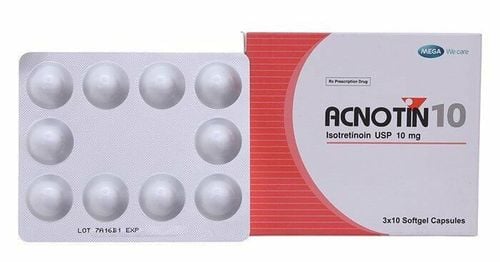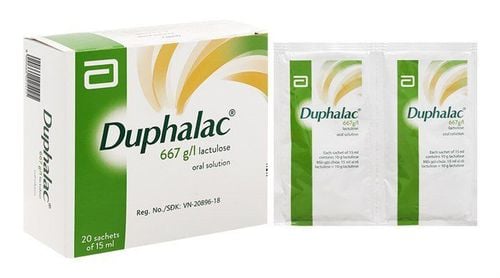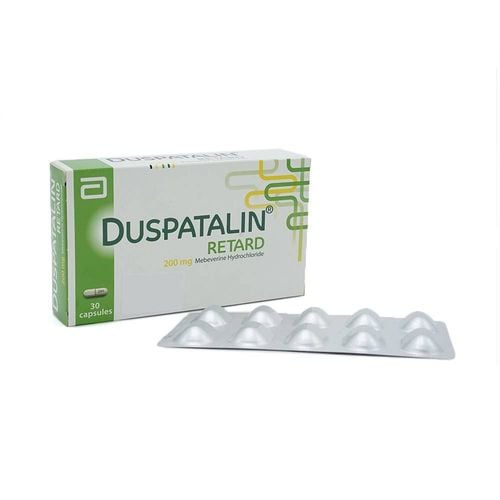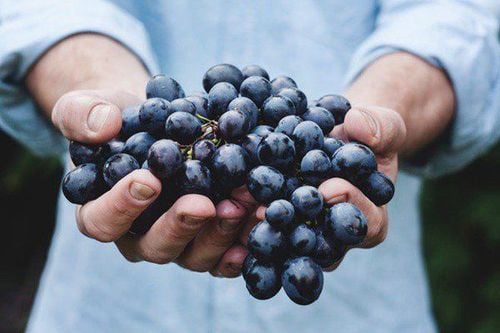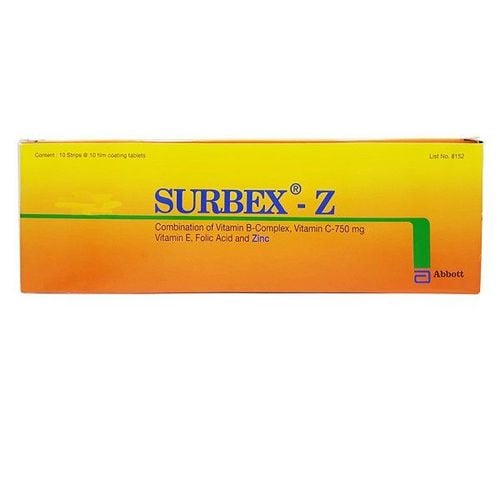Hemorrhoids are typically considered surgery when the condition reaches a severe stage (heavy bleeding, prolapsed hemorrhoids) and medication is no longer effective. After hemorrhoidectomy, patients should adhere to a scientific diet to recover quickly and reduce the risk of potential complications.
1. Foods to eat after hemorrhoidectomy
Patients recovering from hemorrhoid surgery should focus on the following foods:
1.1 Fiber-rich foods
Fiber-rich foods promote digestion and help reduce bloating and constipation. Fiber is divided into two types: soluble fiber and insoluble fiber.
- Soluble fiber: Transforms into a gel-like substance in the body, found in fruits and vegetables such as dragon fruit, spinach, and jute mallow.
- Insoluble fiber: Does not dissolve in liquids in the digestive system, found in whole grains, leafy greens, nuts, and fruits like apples, avocados, and strawberries.
1.2 Adequate water intake
Water enhances the efficiency of fiber in the gut. Proper hydration softens stools and makes bowel movements easier. Patients recovering from hemorrhoid surgery should drink plenty of water, fruit juices, and vegetable juices.
It is recommended to drink 2–2.5 liters of water daily. For those who are physically active, a higher intake may be necessary. Additionally, starting the day with a glass of warm water can improve digestive function.
1.3 Foods rich in omega-3 fatty acids
Omega-3 is essential for healthy skin and the mucous membranes of the intestines. It also has anti-inflammatory properties, which help reduce swelling after hemorrhoid surgery. Omega-3 can be found in seeds like flax seeds and chia seeds, as well as in cold-water fish.
1.4 Foods high in vitamins C and E
- Vitamin C: Supports the formation and maintenance of healthy blood vessels, preventing potential diseases. Vitamin C levels are reduced if the patient is stressed, eats a lot of junk food or packaged food,... It is abundant in fruits and vegetables like strawberries, guavas, kiwis, oranges, broccoli, and papayas.
- Vitamin E: A fat-soluble vitamin vital for cell membranes, it reduces inflammation, heals tissues, and shrinks hemorrhoids, alleviating swelling after hemorrhoid surgery. Foods rich in vitamin E include chestnuts, spinach, kale, papayas, and avocados.
1.5 Foods high in magnesium and zinc
Magnesium and zinc are crucial for stabilizing blood vessels, improving bowel regularity, supporting muscle tissue growth, reducing inflammation, and healing wounds. After surgery, patients can consume foods rich in magnesium and zinc,... like dark chocolate, avocados, whole grains, raisins, and seeds. If needed, supplements can be taken under a doctor’s guidance.
2. Foods to avoid after hemorrhoid surgery
Patients with hemorrhoids or those recovering from hemorrhoidectomy should limit the following:
- Refined grains: Processed grains with the bran removed can cause constipation, aggravate hemorrhoid symptoms, and make bowel movements painful.
- Meat: Although rich in protein, meat lacks fiber and can cause bloating and indigestion. Excessive meat consumption may lead to constipation. To regulate a reasonable diet, people with hemorrhoids and those who have just had hemorrhoid surgery should limit meat consumption. Meat can be processed with green vegetables and healthy fats for easy digestion, limiting constipation;
- Spicy foods: To avoid making hemorrhoids worse, patients should limit spicy foods. Spices like chili, pepper, ginger, and mustard can increase body heat, elevate blood pressure, and cause sweating. Overconsumption may result in internal heat, constipation, and pain during bowel movements.
- Salty foods: High-sodium foods can harden stools, making bowel movements more difficult and uncomfortable for people with hemorrhoids and those who have just had hemorrhoid surgery.
- Sugary and starchy foods: Consuming too much sugar and starch can strain the intestines, causing constipation, anal itching, and worsening hemorrhoid symptoms.
- Oily foods: Foods high in oil may cause bloating, indigestion, and digestive disorders, increasing the risk of constipation.
- Alcoholic beverages and stimulants: This group of drinks causes internal organs to accumulate heat or cause bloating, and dehydration, causing dry stools and constipation. At the same time, they damage the rectal mucosa, causing congestion and impeding blood circulation.
When surgery is indicated to treat hemorrhoids, patients need to follow all recommendations of the doctor. Maintaining a healthy and balanced diet post-surgery promotes faster wound healing and improves overall quality of life.
To arrange an appointment, please call HOTLINE or make your reservation directly HERE. You may also download the MyVinmec app to schedule appointments faster and manage your reservations more conveniently.




